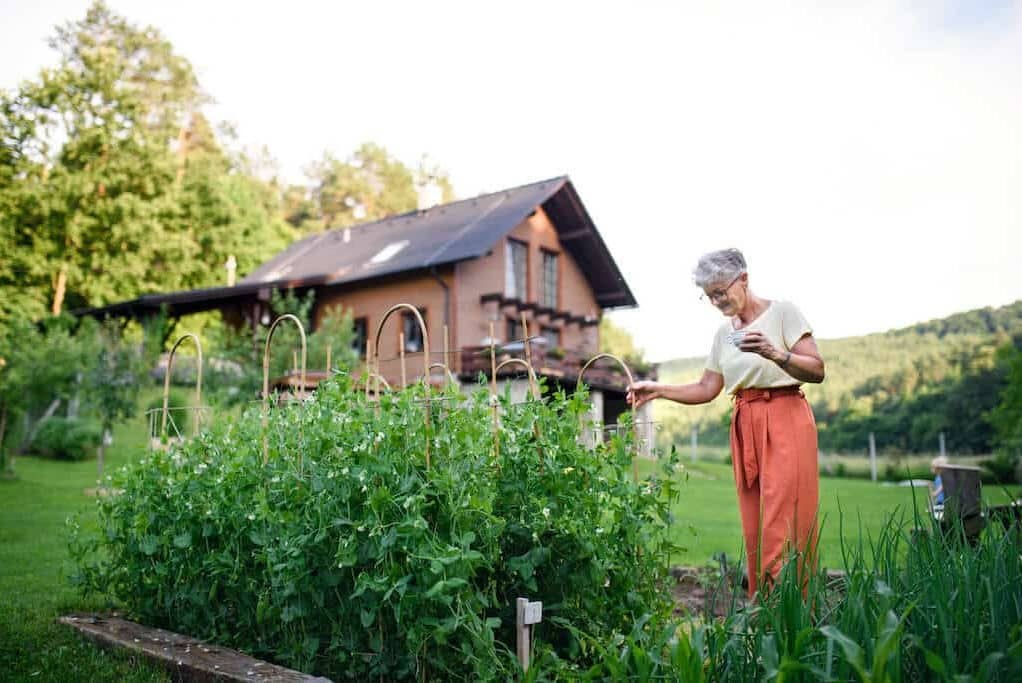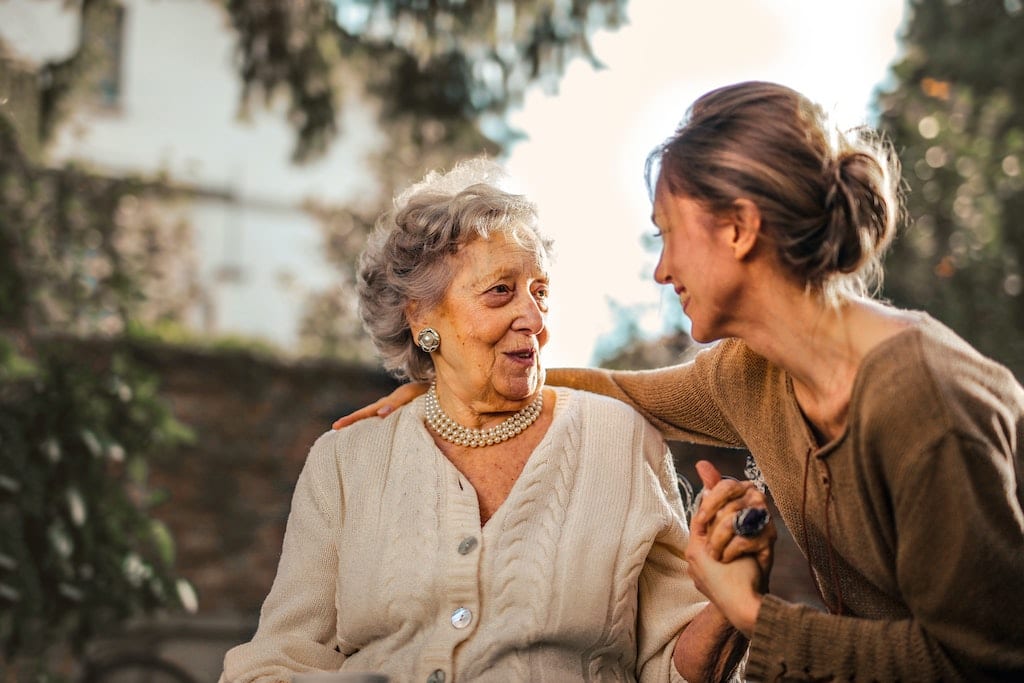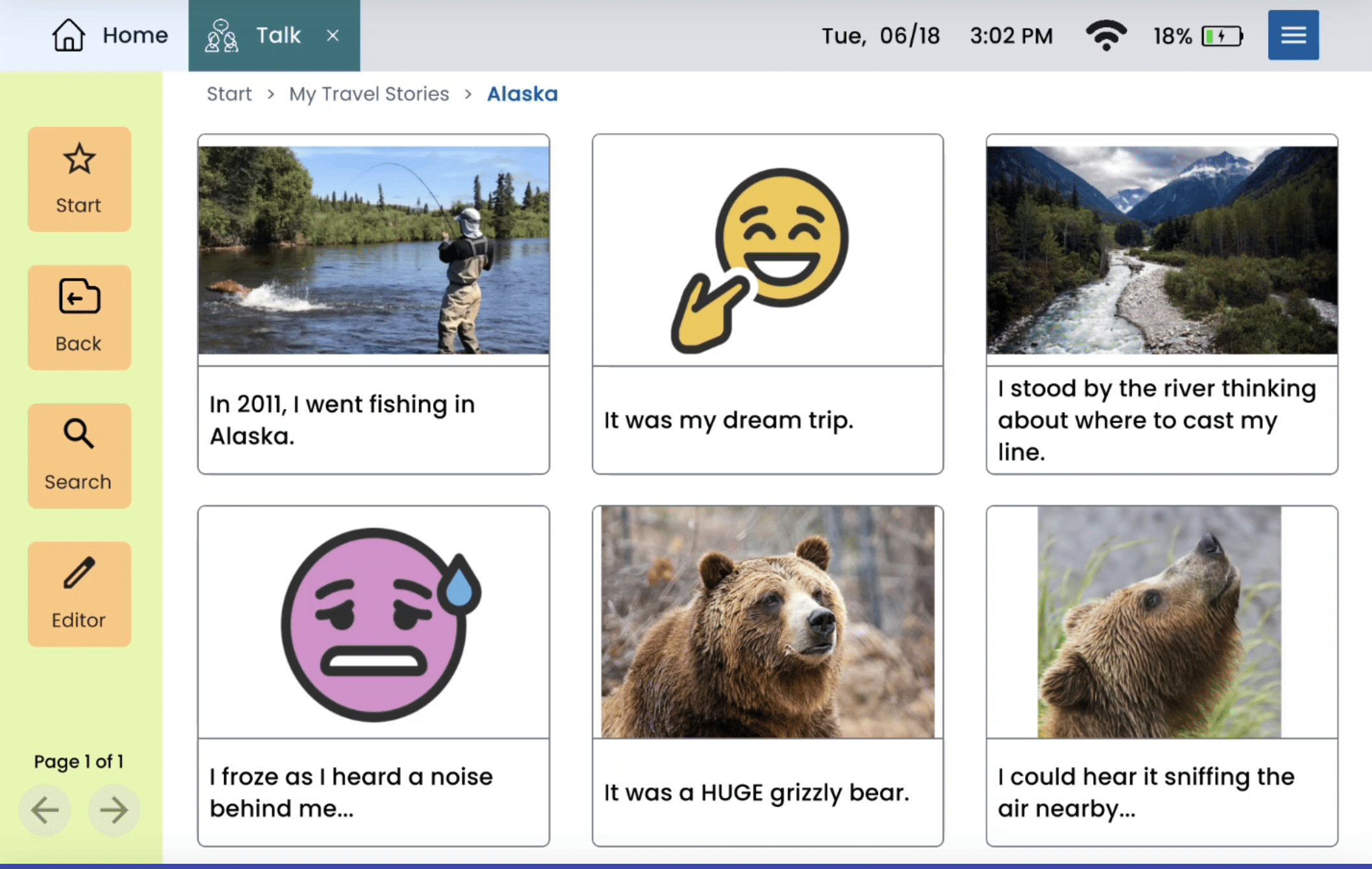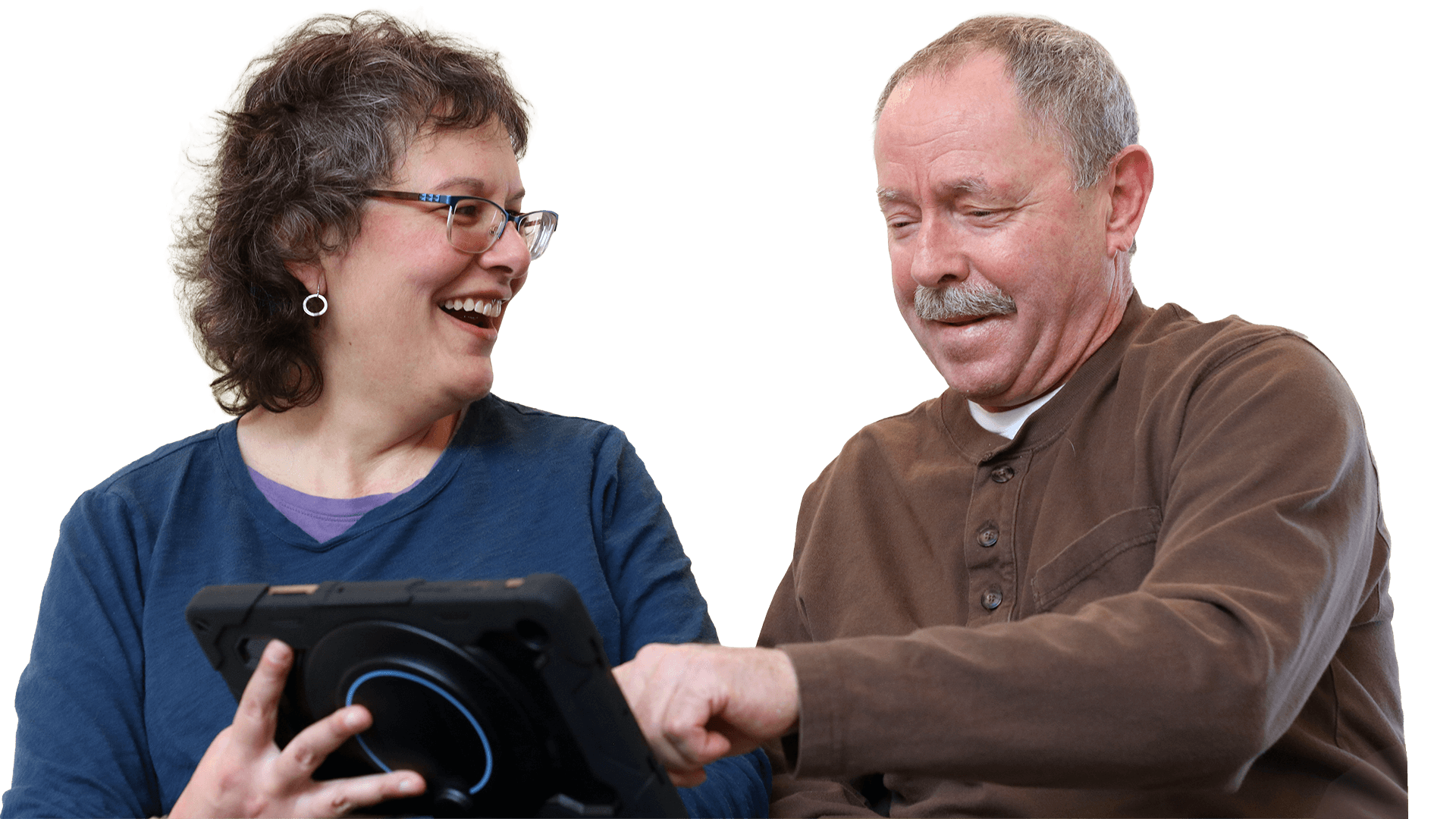
When you develop aphasia, it takes time to adjust to a new lifestyle. It can be difficult to learn how to face the various challenges that accompany the condition. For one example, maintaining hobbies can demand more than what might be possible. But if you’ve lost a hobby due to aphasia, it doesn’t mean that no hobbies or activities are available entirely. It only means that you might have to reconsider your choices and your approach.
Over the years, we’ve had a chance to hear from a number of individuals who live with aphasia. We know that each experience is unique, so these following hobbies offer broad possibilities so that you can find something that works best for you.
Photography
Photography maintains its position as one of the most accessible hobbies in the world due to its general accessibility. Years ago, the barrier to entry was a bit higher, as cameras came with an intentional purchase and a not-insignificant price tag. But today, billions of people around the world have smartphones, and those phones have allowed for a substantial number of hobbyist photographers.
Taking photographs is a great hobby if you have aphasia for a number of reasons. It can take you to new places, or simply allow you to see your immediate surrounding in a new light. Perhaps the most common benefit we hear is that it allows you to communicate and express thoughts and emotions when words fall short.
Arts and Crafts
Speaking of, what’s more expressive than art? Arts and crafts is a broad category of hobbies, and is great choice for those with aphasia. Popular options include painting, drawing, collage-making, pottery, sewing, and so much more. This category of hobbies not only keeps your mind and hands busy, but also allows you to find new and creative ways to express yourself all from the comfort of your home.
Movies
Yes, watching movies can be a hobby. Aphasia often takes our established routines in life and flips them upside down. Movies are a great experience to build a new routine around. By setting aside a specific time each week to watch a film, you can regain a sense of control, all while enjoying the cinematic escape. You can take your movie-watching hobby further by joining or establishing a watch group. You can share your thoughts and hear what others have to say about the movie selection of the week.
Walking
Getting out and about on a walk is a great way to spend your free time. Walking allows you to see new things, whether it’s your immediate neighborhood or a day trip to a local park, town, or city. You can walk as a solo activity or enjoy the time outdoors with loved ones or friends. Walking can be a great mood booster during difficult times. As with other hobbies, walking is a great opportunity to establish a routine. Even a 10-minute walk each morning can help get your day started on the right foot.
Music
Whether you’re listening or playing, music is a fantastic hobby. Many people listen to music to relieve stress, and playing an instrument or singing can provide similar opportunities. Did you know that music uses different areas of the brain than speech? This is why some individuals who have aphasia will notice that they are able to sing more comfortably than they can speak. But if singing isn’t for you, consider an instrument. Places like YouTube are full of free music lessons that can get you up to speed on your instrument of choice. And if you’re up to the task, you can look into joining your local community orchestra.
Gardening
Getting outside and into a garden is a great hobby for people of all ages. Just spending some time out in the fresh air can deliver a mood boost, and the sunshine can help provide vitamin D. With gardening also comes the satisfaction of working with your hands and accomplishing a new task. And if you’re up to it, you can even grow healthy fruits and vegetables that you can easily work into your diet.
Remember, aphasia might always be a part of your life, but that doesn’t mean it has to control your life. Consider some of the above hobbies or talk to a therapist about creating strategies that can help you to continue participating in your community and the activities that matter to you.
About Contributor
Lingraphica helps people with speech and language impairments improve their communication, speech, and quality of life. Try a Lingraphica AAC device for free.













